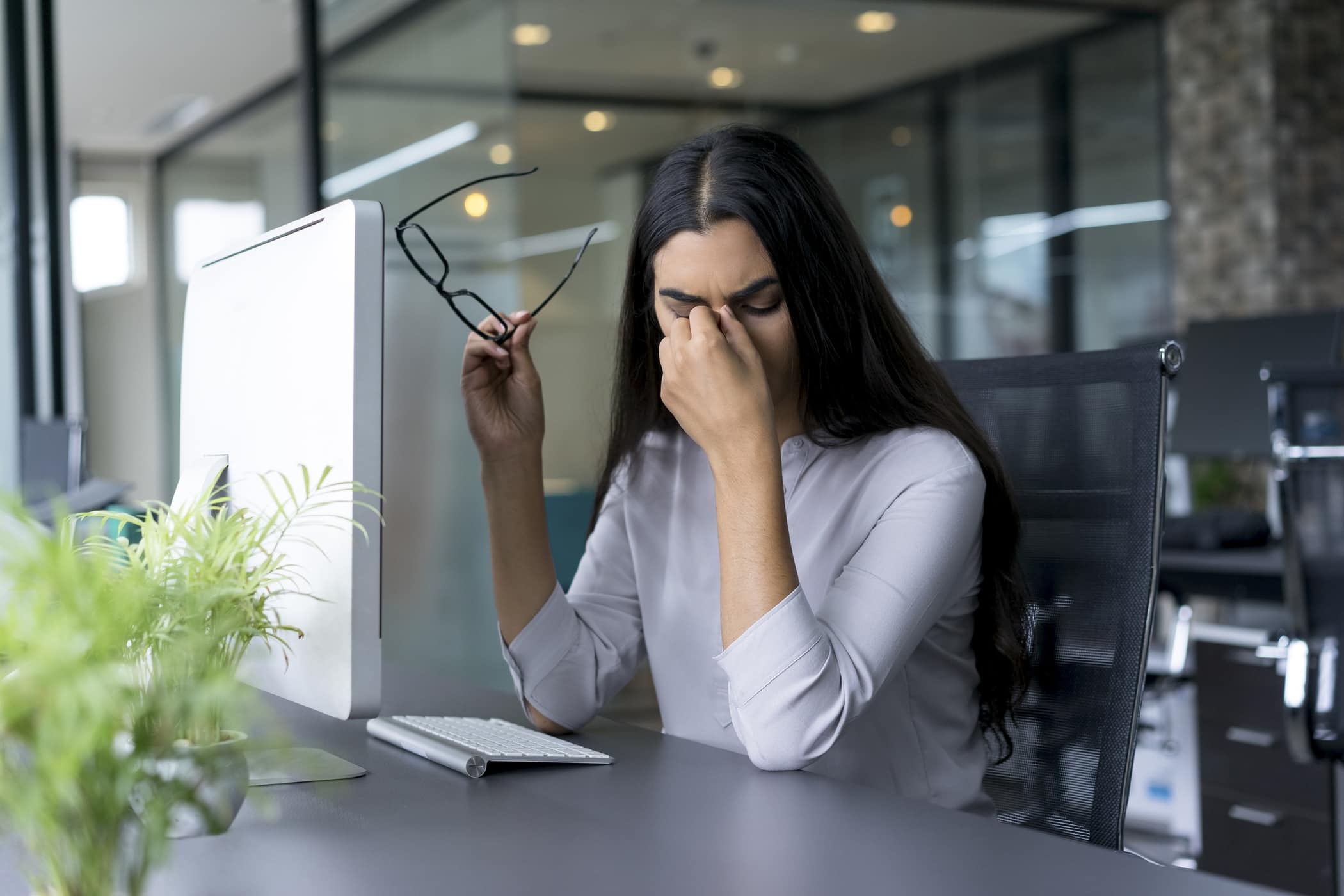Contents:
- Medical Video: 13 Habits We Mistakenly Considered Harmless
- 1. Is it true that eating carrots is good for the eyes?
- 2. Is it true that watching TV too close can damage the eyes?
- 3. Is reading right in the dark can damage vision?
- 4. Is it true that wearing glasses or contact lenses can actually damage the eyes and make dependence?
- 5. Is it true that a child who has squint eyes can be treated?
- 6. Is it true that we cannot prevent blindness?
- 7. Is it true that using a light sleeper in a room is at risk of developing nearsightedness?
- 8. Is it true that looking at sunlight can damage the eyes?
- 9. Is it true that eating lots of artificial sweeteners makes the eyes more sensitive to light?
- 10. Is it true that men are prone to color blindness compared to women?
Medical Video: 13 Habits We Mistakenly Considered Harmless
Eyes are one of the important organs that are quite complex and have very crucial functions. In addition, the eye is a part of the body that has a special attraction for humans, so it is not uncommon for the eyes to be likened to someone's identity. But do you know if there are many myths and facts about habits that "say" can damage the eyes? Check out the following review.
1. Is it true that eating carrots is good for the eyes?
This is a fact. Carrots are fruits that contain lots of vitamin A and are proven to improve eye health. Therefore, consuming carrots can fulfill a small intake of vitamin A which is good for vision.
2. Is it true that watching TV too close can damage the eyes?
This is a myth. Watching TV too close will make you tired of headaches and eyes, open to damage your eyesight. The American Academy of Ophthalmology (AAO) says if children are at lower risk of experiencing eye fatigue than adults. So, it is not uncommon for children to watch TV more closely or read books that are too close to their eyes. However, watching TV too close can be a signal if you experience farsightedness.
3. Is reading right in the dark can damage vision?
This is a myth. Just as watching television is too close, when reading in dark conditions you will experience eye fatigue or headaches. But that doesn't reduce the function of your eyes.
4. Is it true that wearing glasses or contact lenses can actually damage the eyes and make dependence?
This is a myth. The function of your eyes will not be more damaged due to the use of contact lenses or glasses, provided you use the two devices according to the doctor's prescription. The function of your eyes may be weakened over time due to aging or because of signs of certain diseases.
5. Is it true that a child who has squint eyes can be treated?
This is a fact. Strabismus or squint eyes can be treated in children who are still small. That is why it is important to immediately take an eye test early so that you can get the appropriate action. This eye test can be done when the child is a baby and then done again when the child is two years old.
6. Is it true that we cannot prevent blindness?
This is a myth. When you experience symptoms such as blurred vision, eye pain, light sensitivity, or watery eyes, you should immediately consult a doctor. If detected early and depends on the cause, it is still treated or at least slowing loss of vision.
7. Is it true that using a light sleeper in a room is at risk of developing nearsightedness?
This is a myth. Until now, basically there was not enough evidence to prove this. Using a sleeping lamp in a room, especially a child's room, can actually help them learn to focus on developing eye coordination skills when they wake up.
8. Is it true that looking at sunlight can damage the eyes?
This is a fact. Looking towards the sun not only causes headaches and damages vision, but can also cause permanent damage to your retina. Besides sun exposure can also add to the effects of ultraviolet radiation on your eyes. As a result the eyes will experience disorders such as macular degeneration, solar retinitis, and corneal dystrophy.
The most dangerous time to see the sun is during a solar eclipse. Dating the sun is hidden, but the hidden light is dangerous because it can make your eyes burn permanently.
9. Is it true that eating lots of artificial sweeteners makes the eyes more sensitive to light?
This is a fact. If you consume artificial sweeteners such as cyclamates, your eyes will be more sensitive to light. There are other factors that will make your eyes more sensitive to light, namely the use of antibiotics, oral contraceptives, high blood pressure medications, diuretics, and diabetes medications.
10. Is it true that men are prone to color blindness compared to women?
This is a fact. Because it is estimated that as many as eight percent of men agree if they experience color blindness. While only about one percent of women claim to have color blindness.












